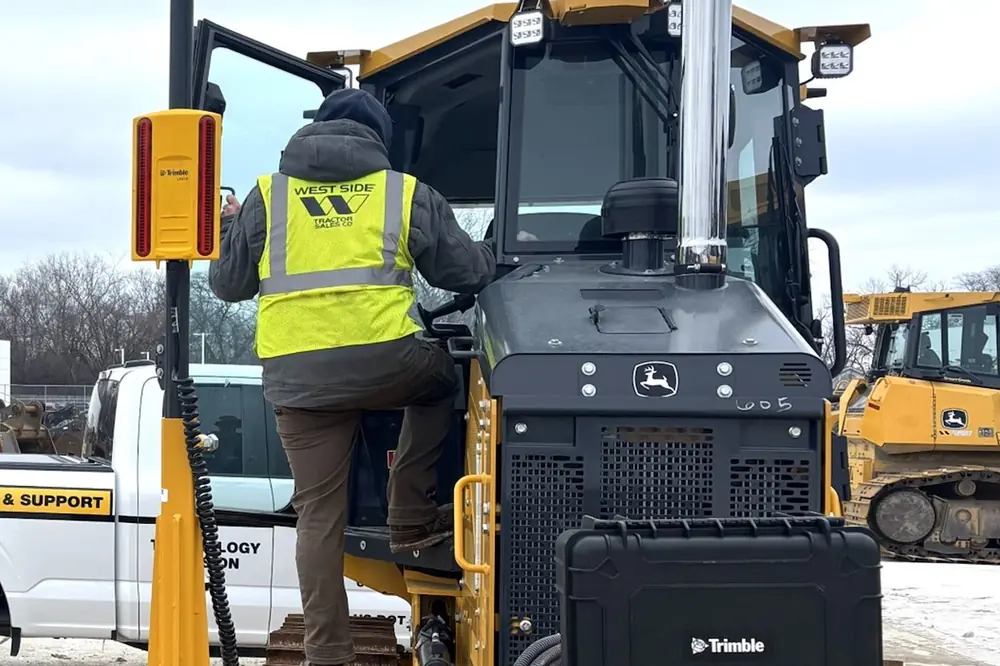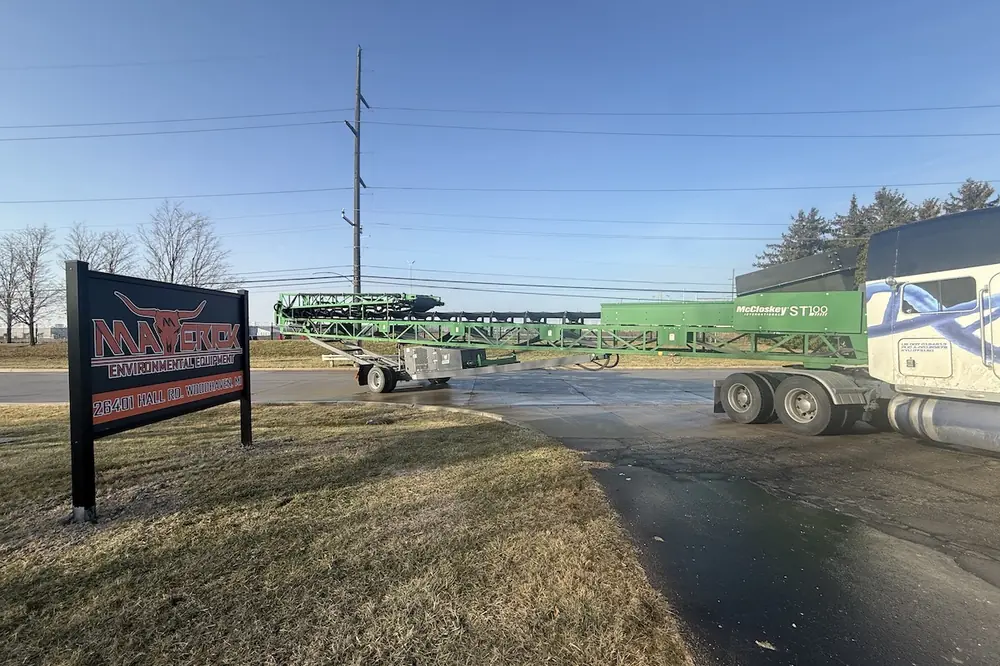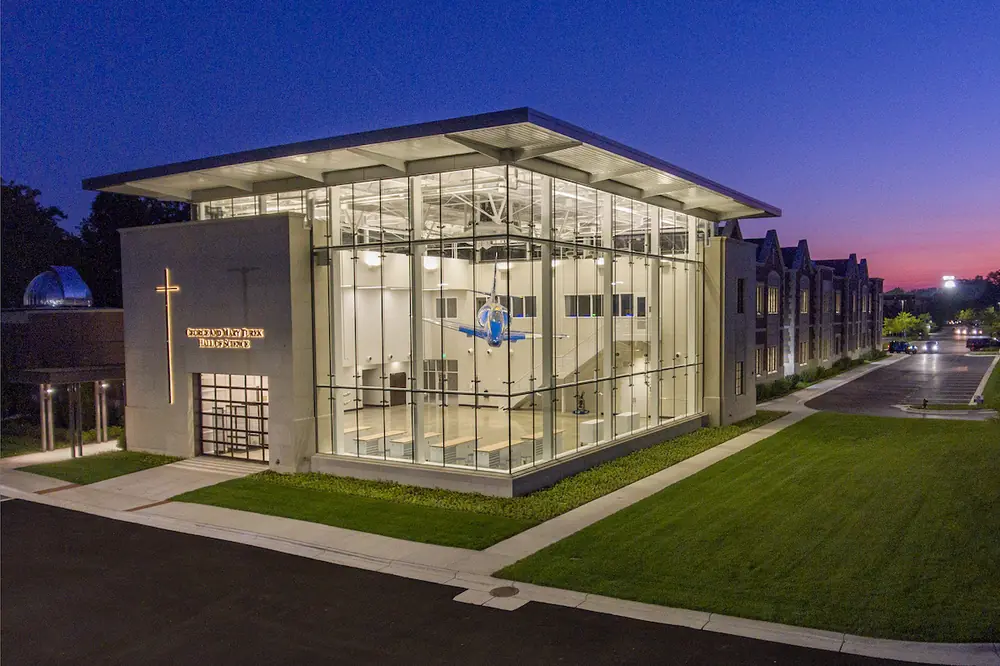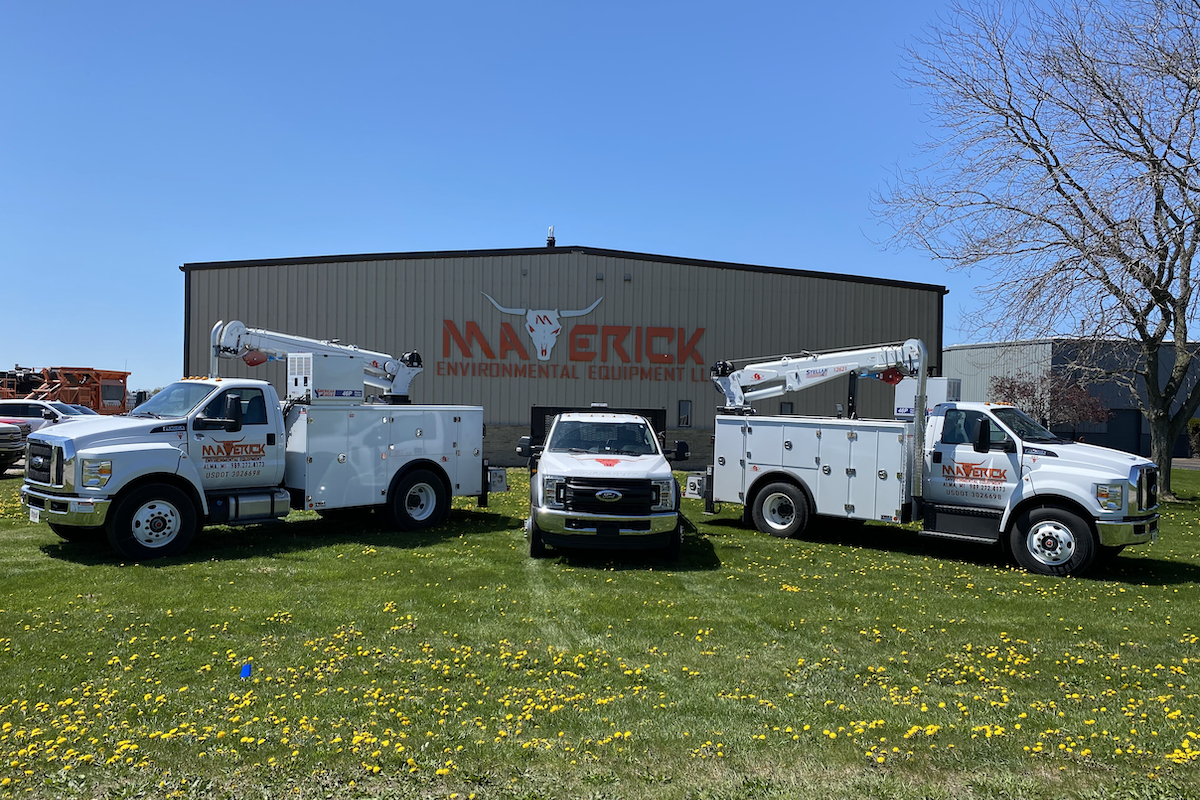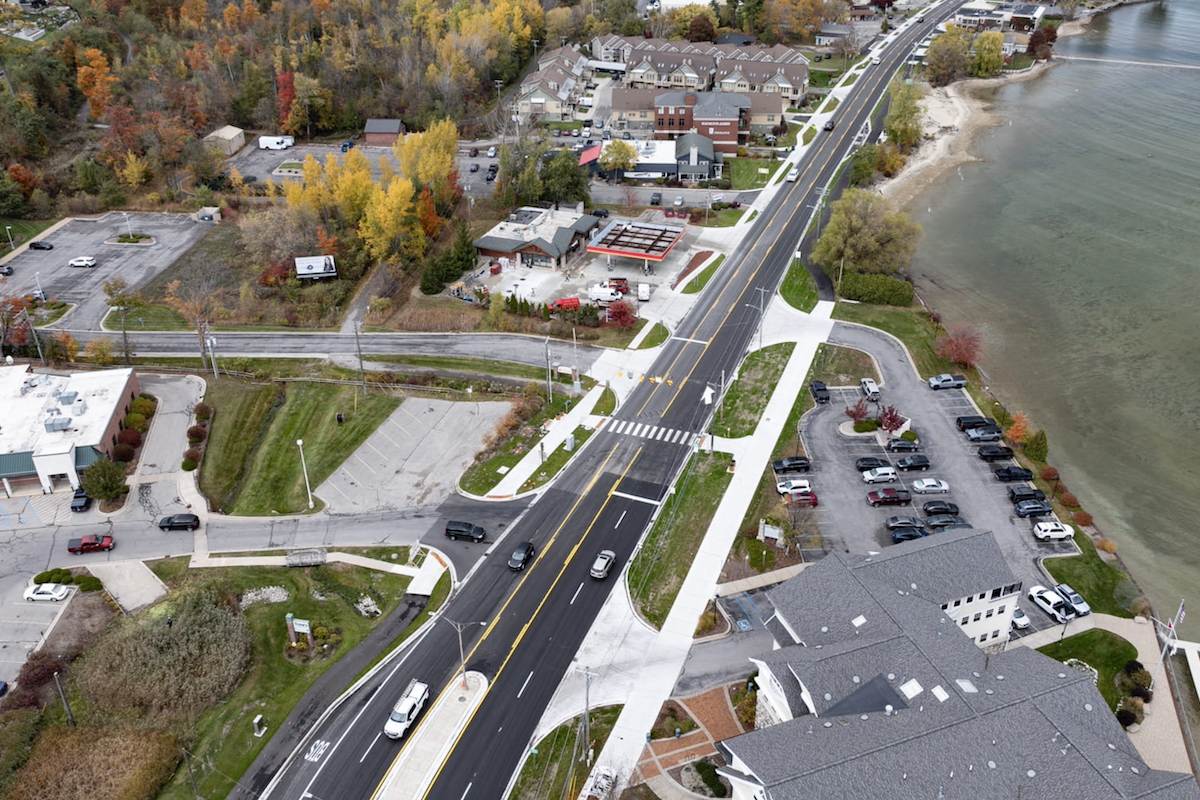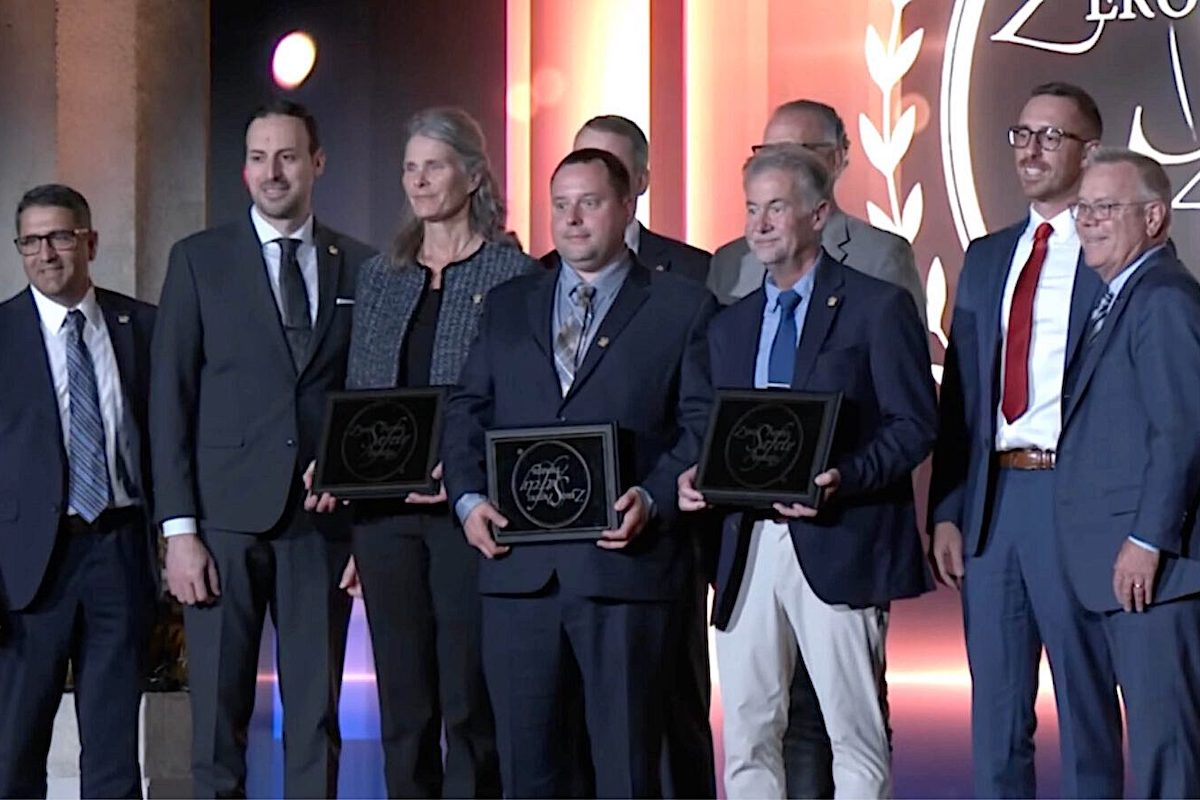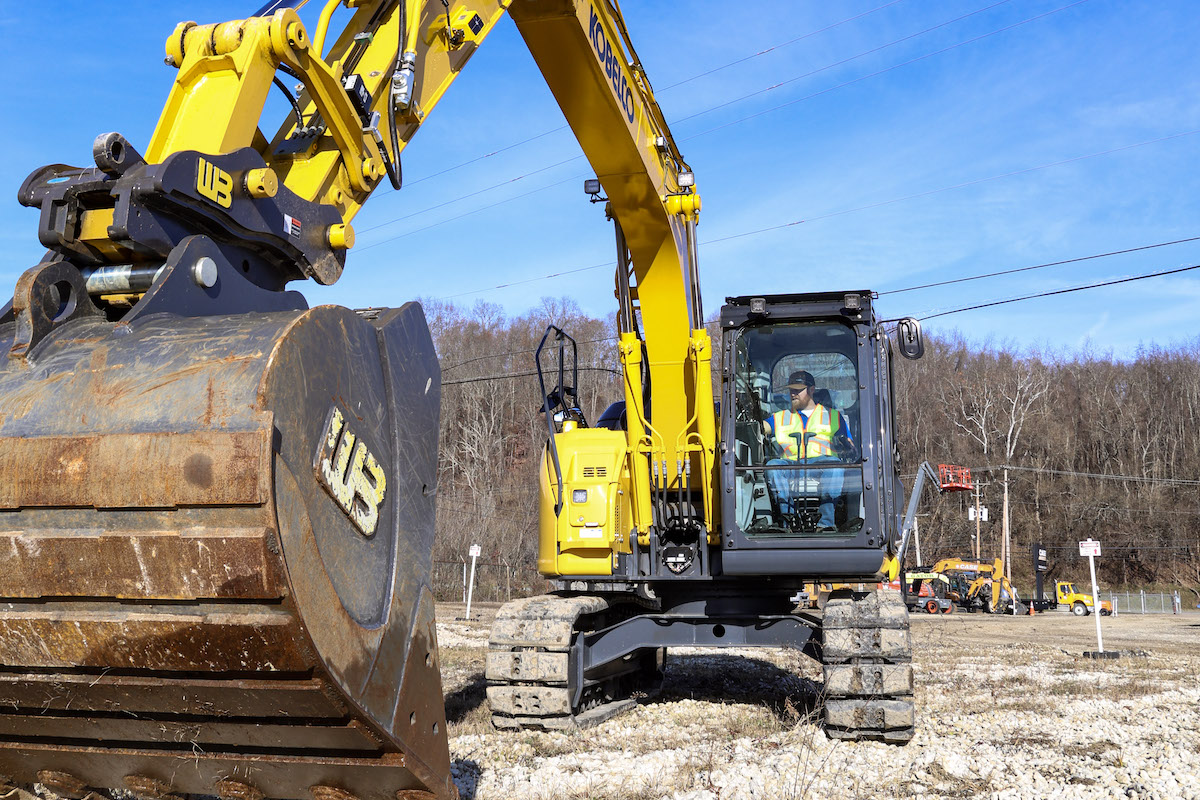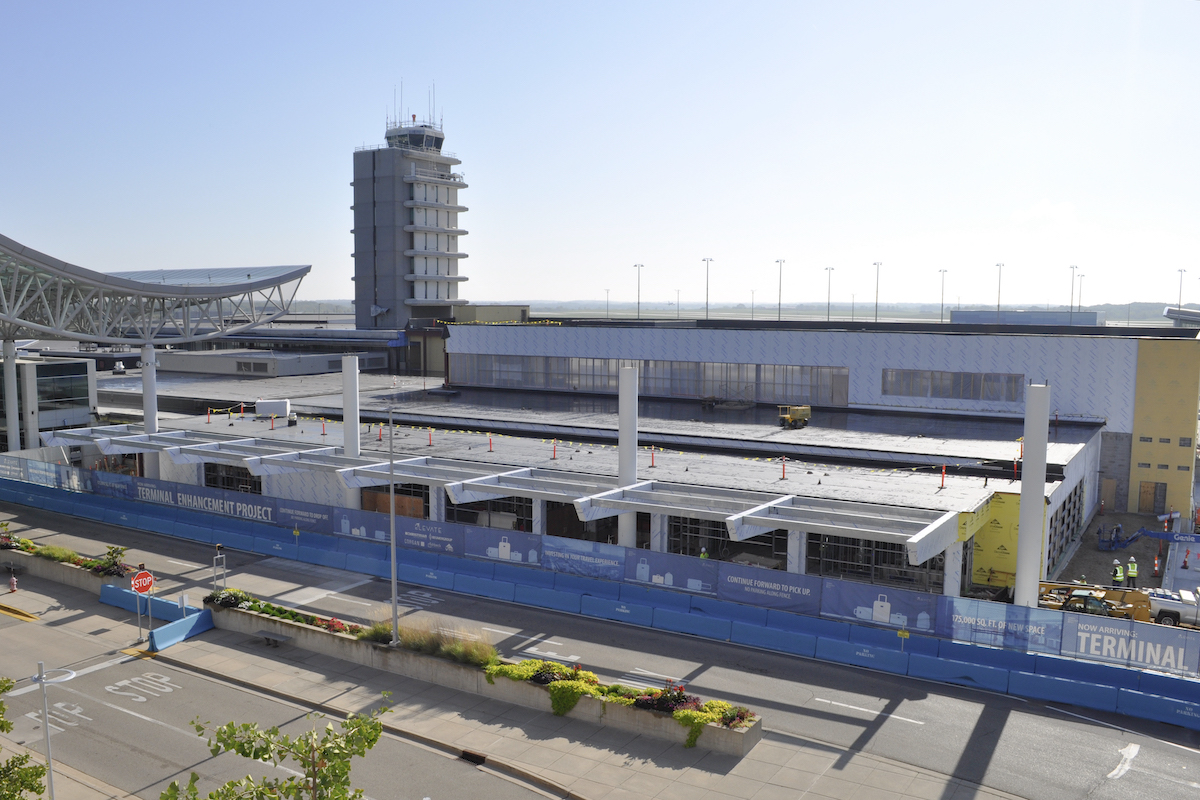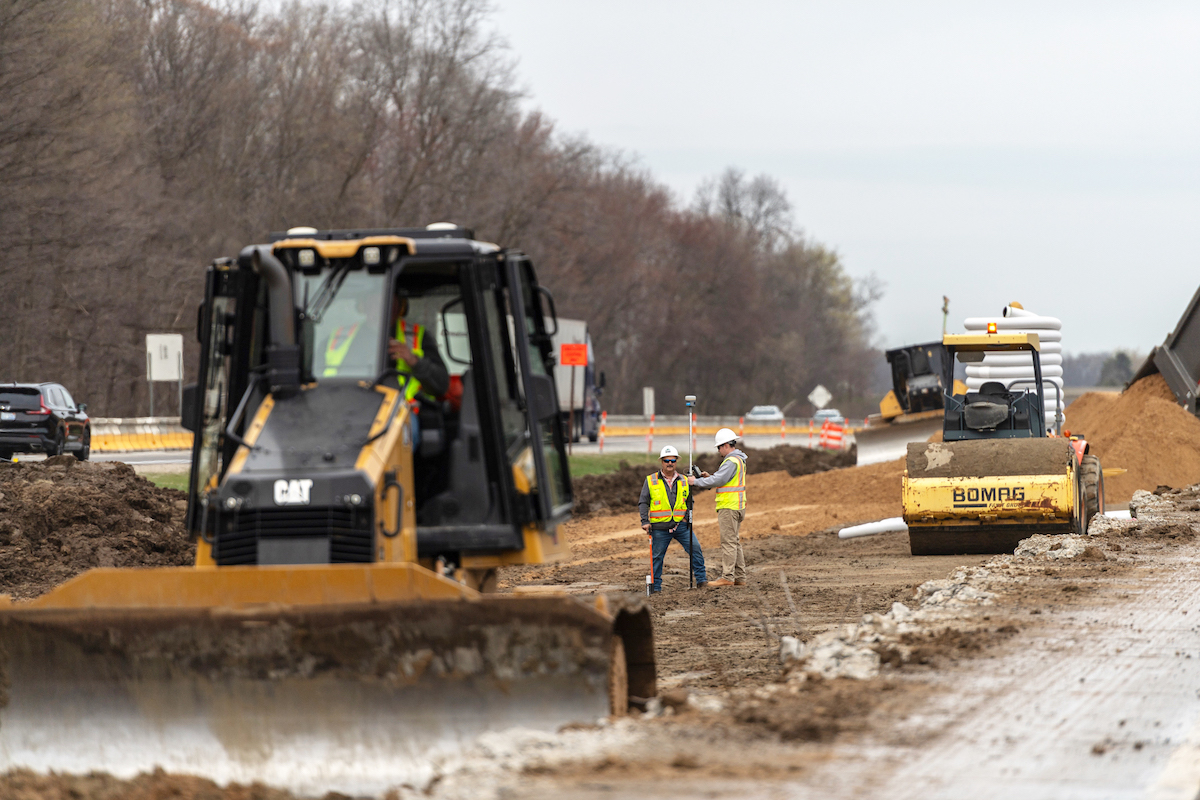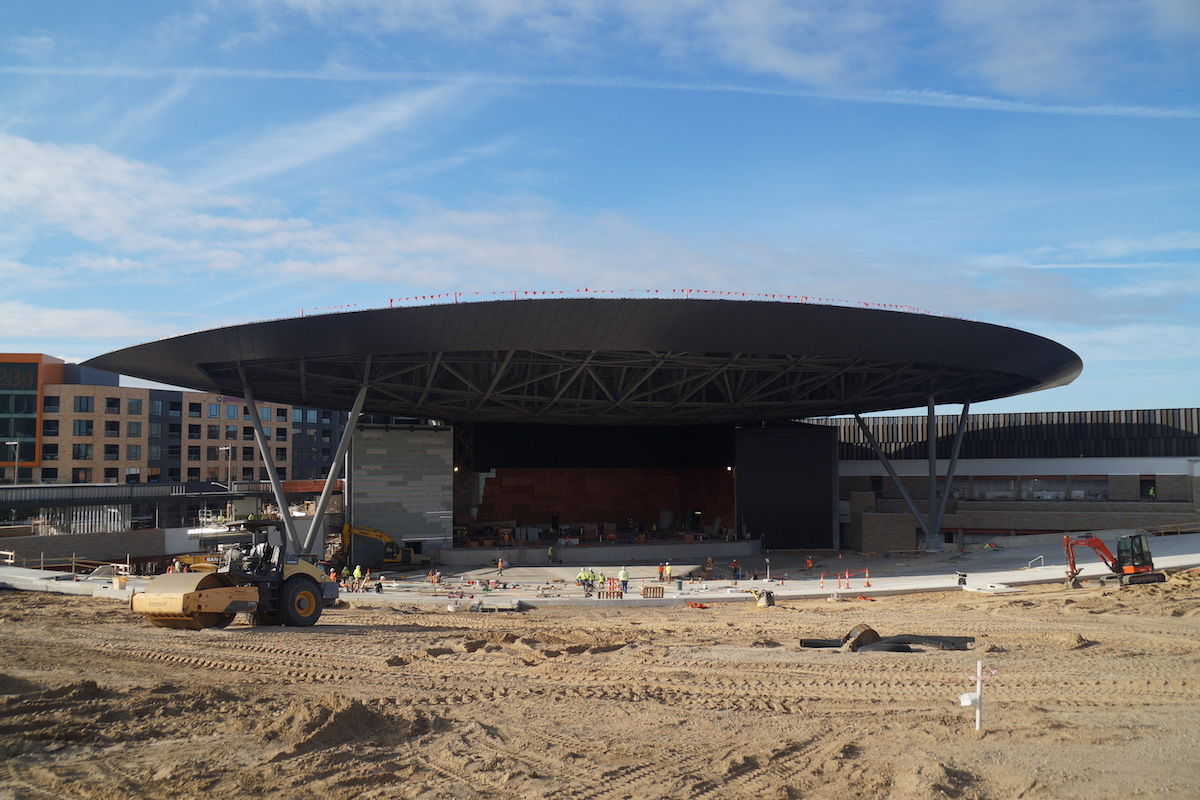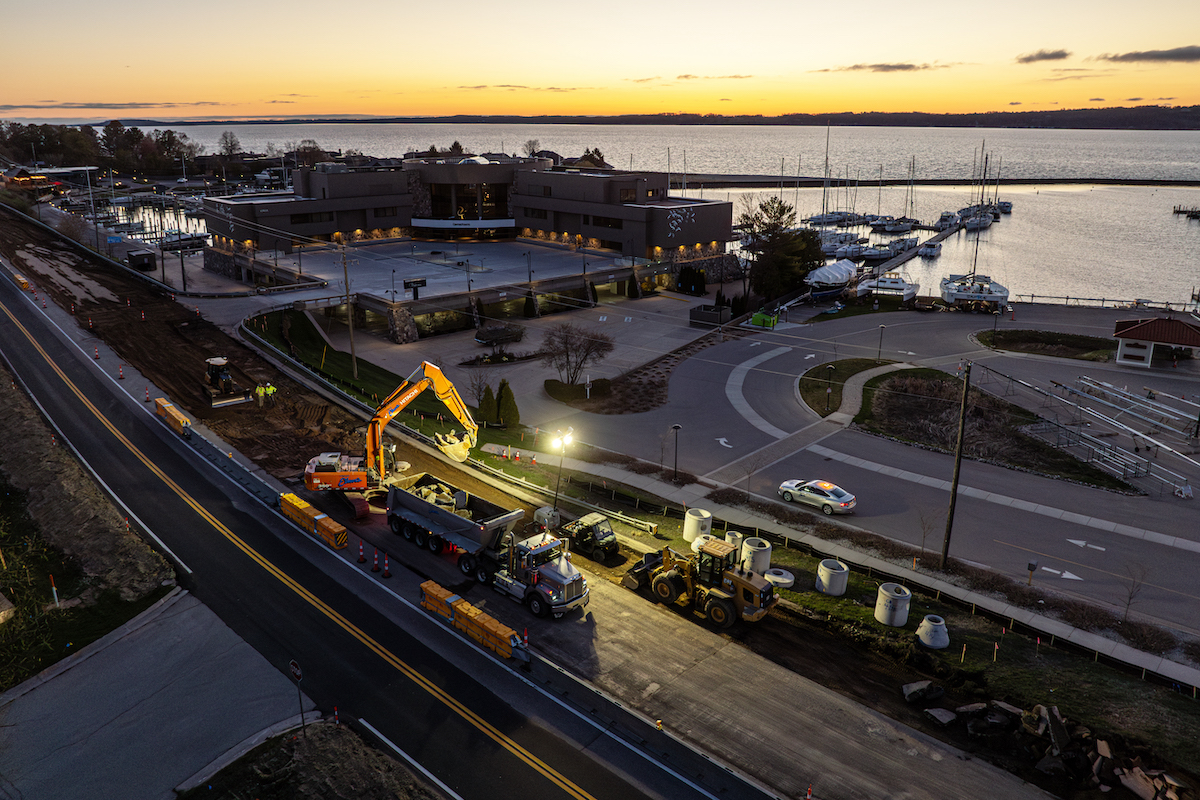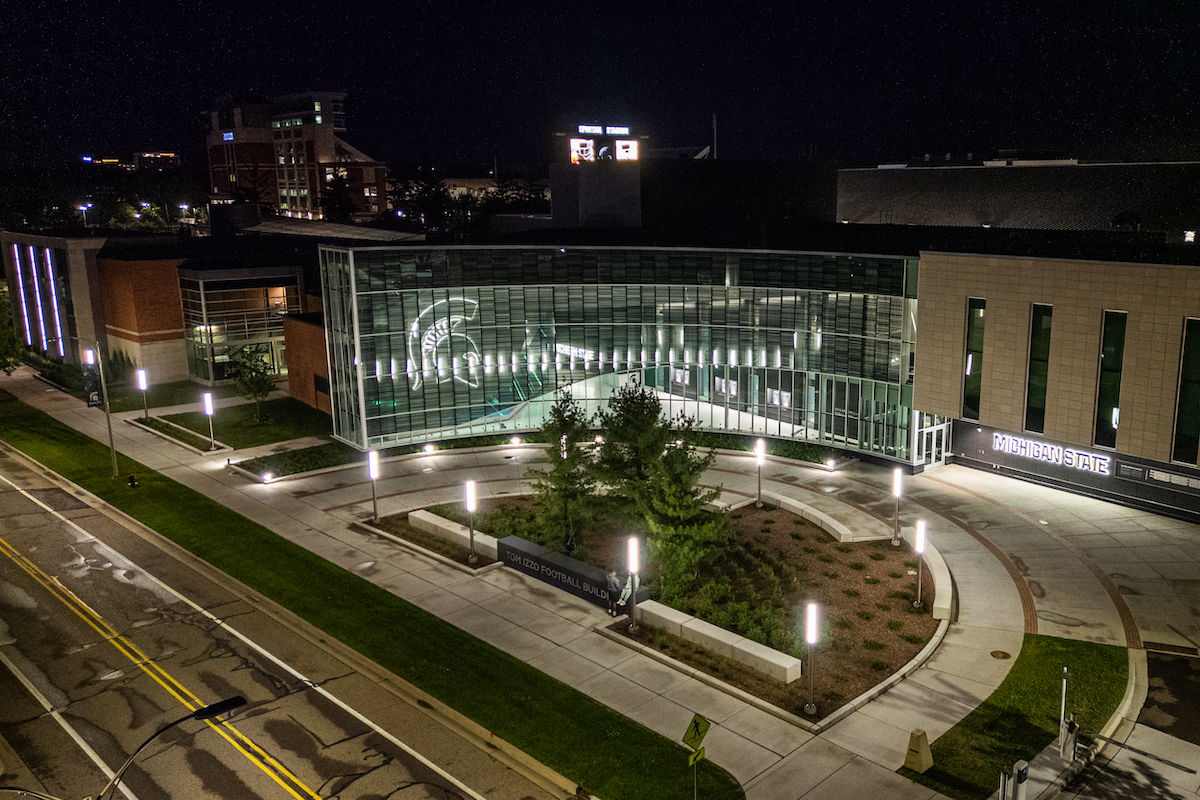The project is one of 122 on heavily traveled state-owned highways made possible or put on an accelerated timeline thanks to bond financing approved by the State Transportation Commission in January. When the bond financing is complete, it will allow the department to advance projects so users can enjoy the social and economic benefits sooner. Bonding for improvements with a significant useful life spreads the project costs to the users over a longer period of time.
Rebuilding the I-496 freeway completely will save commuters and commercial haulers countless hours and money lost to delays from ongoing maintenance work.
"This freeway has been held together with patches and emergency repairs for too long," Whitmer said. "This is the first of the Rebuilding Michigan initiative that is rebuilding roads so commuters know they will have a smooth and reliable ride for many decades to come. I look forward to long-term fixes like this across the state over the next few years."
MDOT is investing approximately $60 million to improve I-496 between I-96 and Lansing Road. Work includes rebuilding the freeway and ramps, preventive maintenance on all the bridges in the project area, and making operational improvements to the entrance and exit ramps at the I-96, Creyts Road, and Waverly Road interchanges.

| Your local Trimble Construction Division dealer |
|---|
| SITECH Michigan |
| SITECH Michigan |
These improvements will provide increased safety and mobility for the Capital City in the area of I-496, connecting the local, national, and international trade corridor.
Local road work is also taking place alongside the I-496 project, including Waverly Road reconstruction between Lansing Road and St. Joseph Street, construction of a shared-use path along Waverly Road from Old Lansing Road north to St. Joseph Street, and water main installation at various locations crossing I-496; all that work is more than halfway complete. MDOT has partnered with the Ingham County Road Commission and other key stakeholders to condense the timeline and expense of the project.













